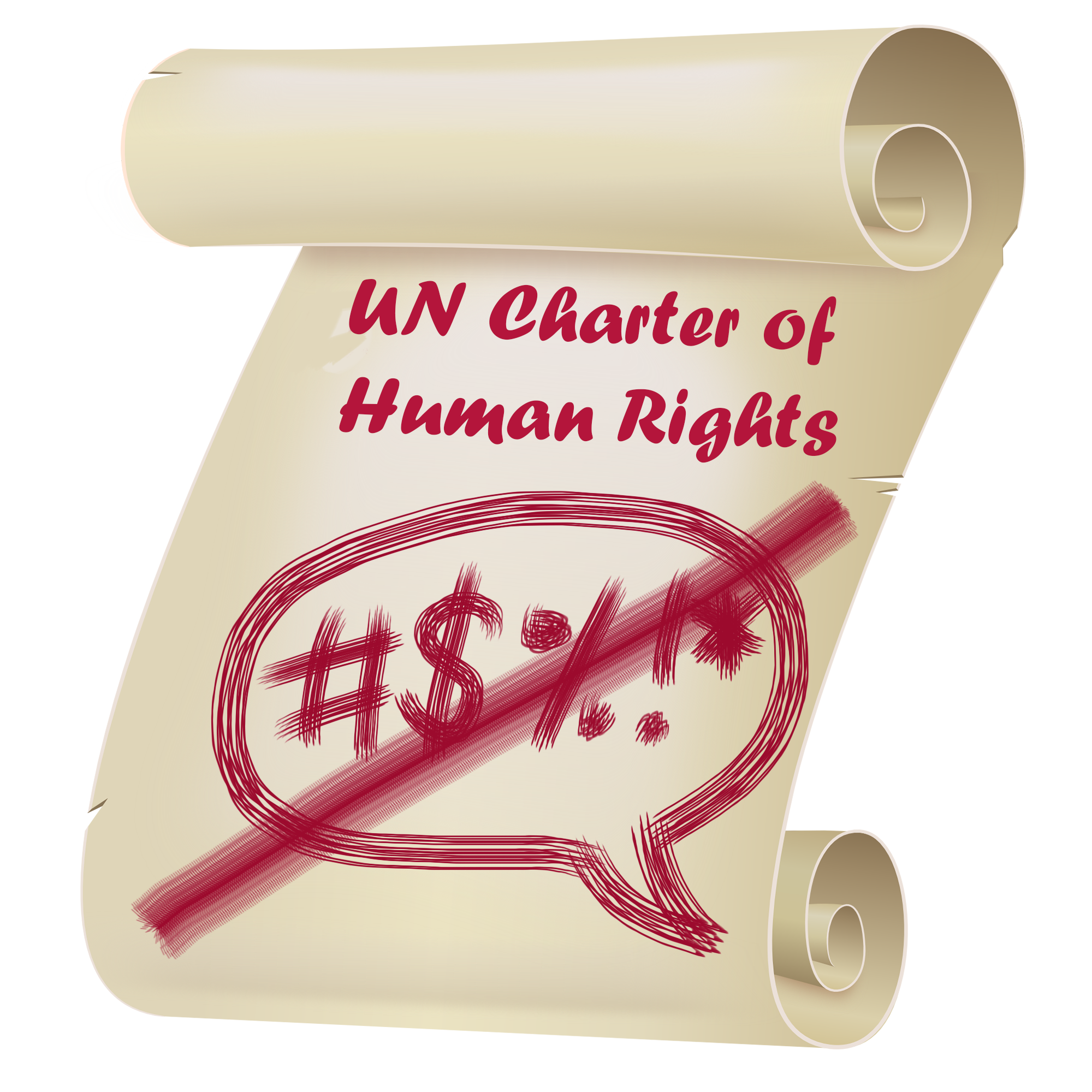Why supporting Milo Yiannopoulos is wrong and unjustified
“Facts don’t care about your feelings,” said Ben Shapiro, an American conservative political commentator, author and attorney. The same quote closed the article titled “Weighing in on a controversial book deal,” published in The Concordian on Jan. 17. Oddly enough, the opinion piece had nothing to do with facts. Nor Yiannopoulos’ book deal, actually.
The piece discussed the “silencing” of free speech—particularly right-wing, conservative speech—and used Milo Yiannopoulos’ Twitter ban as an example. Let’s use the same example to illustrate how free speech was not silenced, and how political correctness was definitely not to blame in this situation.
The tweets that preceded Yiannopoulos’ ban from the platform were directed at African-American actress Leslie Jones. She had been the victim of verbal racist attacks on Twitter after starring in the recent blockbuster reboot, Ghostbusters. This occurred a month before her website was hacked, leading to a leak of personal pictures and private information, including her phone number and Twitter password. Yiannopoulos referred to those racist attacks as “hate mail,” saying that “everyone gets [it],” reported the Independent. In other words, he was telling her to simply get over it.
Bold words, coming from a white man. As a woman of colour, I can definitely tell you that “getting over” racism isn’t easy—or possible at all.
Yiannopoulos’ statement was excusing hate speech, the hateful comments directed at Jones were somehow justified—by a flawed notion of freedom of speech—and that she was in the wrong for calling out her attackers.
It seems as though many forget that hate speech is not, in fact, free speech. We’re so quick to defend freedom of speech, yet we often forget exactly what it entails.
One of the earliest definitions of the principle dates back to the 1720s, written by British writers John Trenchard and Thomas Gordon, who used the penname Cato. They referred to freedom of speech as “the Right of Every Man, as far as by it he does not hurt and control the Right of another.” In simpler terms, freedom of speech prevails as long as one doesn’t hurt or control the rights of another.
Now, the concept of one’s rights being “hurt” by someone’s speech is rather abstract. It is clear, however, that racism does infringe one’s rights. The first article of the Universal Declaration of Human Rights states that “all human beings are born free and equal in dignity and rights,” and the second also mentions that “everyone is entitled to all the rights and freedoms set forth in this Declaration, without distinction of any kind,” including race. The twelfth article further specifies that “no one shall be subjected to […] to attacks upon his honour and reputation.” Seemingly, speech that would encourage or excuse any of these attacks, especially targeted at one’s race, would go against these rights.
It seems pretty obvious racist speech is inappropriate—and therefore, someone spreading such sentiments should be held accountable for their actions. Hate speech isn’t free speech—it’s damaging and has to be stopped.
Shutting down Yiannopoulos’ Twitter account was a justified move. Belittling racism is just as bad as spreading it. Action has to be taken against it. It isn’t a question of political correctness, where we avoid to offend, but of simple common sense and respect of another’s fundamental rights.
Graphic by Florence Yee




